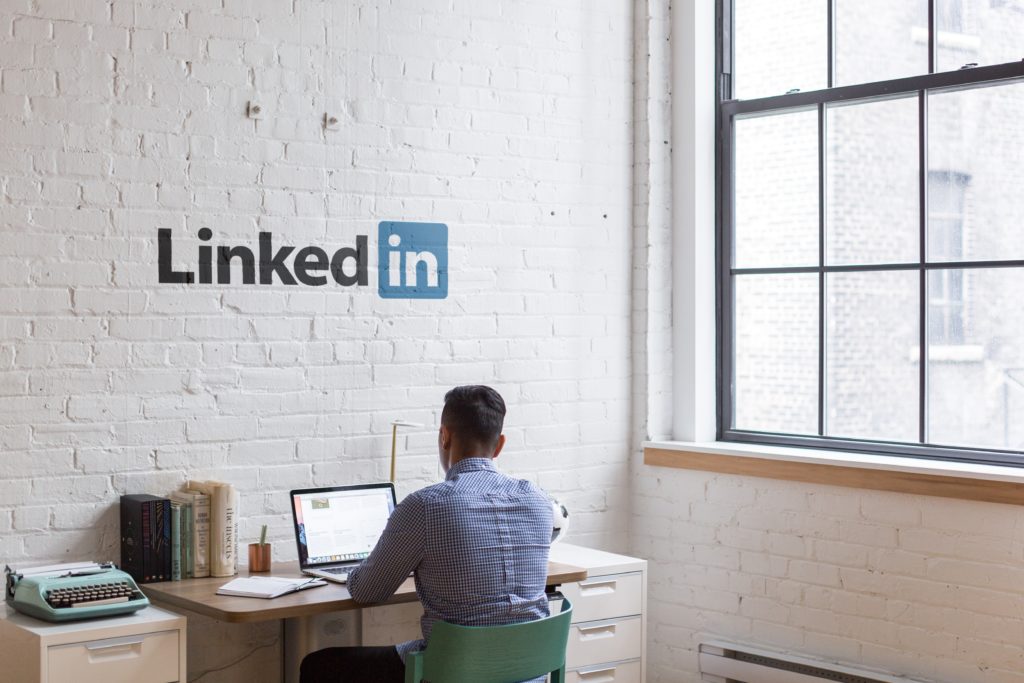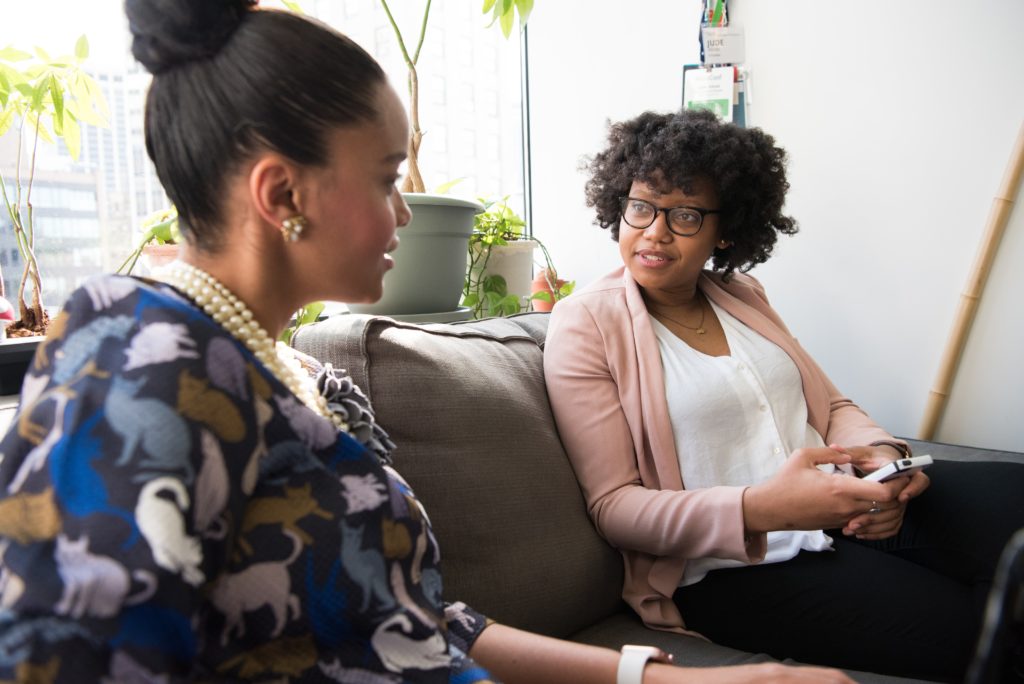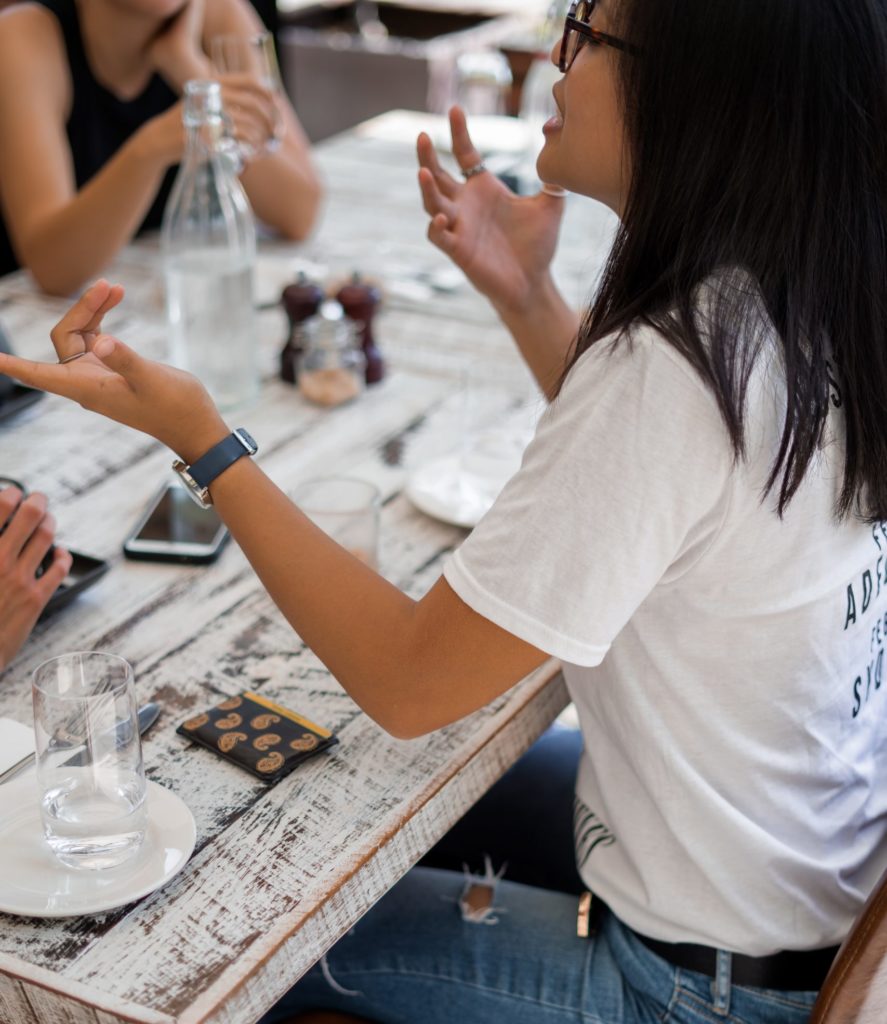
the power of LinkedIn
Did you know as of August 2020, LinkedIn has over 706 million users?
We all know why LinkedIn is so successful – it acts as a resume to promote yourself to potential employers, colleagues, and networks. And as a platform, it makes it relatively simple for us to connect with these people. So with 706 million profiles out there, how do you make your LinkedIn profile stand out from the crowd?
The answer:
Compile a number of LinkedIn recommendations from credible people!
Wait, what is a LinkedIn recommendation? A LinkedIn Recommendation is a recommendation written by another LinkedIn member to acknowledge and highlight you as a colleague or business stakeholder. A recommendation can act as a reference for employers before they have even interviewed you. It could just be the defining factor to get you to an interview.
What are Recommendations?
Okay great, who do I ask though?
When thinking about who to ask for a LinkedIn Recommendation it is important to ask credible people.
Think Managers, Senior Managers, colleagues, direct-reports, or mentors.
The more recommendations you get from different levels will give you a well-rounded view of you as an employee, as well as a person. Ensure you also ask for recommendations from people who have worked directly with you and can provide a genuine recommendation and can indicate to what it is like to work with you. You can also think outside of the workplace, community clubs, sporting clubs committees, these networks could also give you a valuable recommendation.
What do I ask them? And how?
Do you simply just ask “Can you please give me a LinkedIn recommendation?”.
The answer is yes, but with a little more tact. Acknowledge that they may be busy and when they get a chance could they please write a recommendation.
LinkedIn also has a feature that allows you to request a recommendation, ensure you always leave a comment, or a shared experience that might act as the basis of the recommendation. If you feel nervous about directly asking for a recommendation, you could also leave them a recommendation and chances are they will write one back in return.


How and When to Ask
When is the best time to ask?
You can ask for a recommendation at any time. If you have just completed a big project successfully at work, someone could write a recommendation on you based on that project and how you helped with the project’s success. If you are leaving your job you could ask for a recommendation as an overall employee.
Any other tips?
It is important to remember, when asking for a recommendation make sure that you always provide context around your
recommendation. If you want a recommendation on your customer service, mention that in your request. If you are wanted a role in project management, identify a time you worked well on a project, who you worked with and ask that person for the recommendation.
If you have any questions...
The Outcome.Life team are always here to answer any questions or help with any problems you might encounter during your internship.
You can contact us between 9am – 5pm, Monday – Friday at:
Phone: 03 8899 7424
Email: hello@outcome.life



















